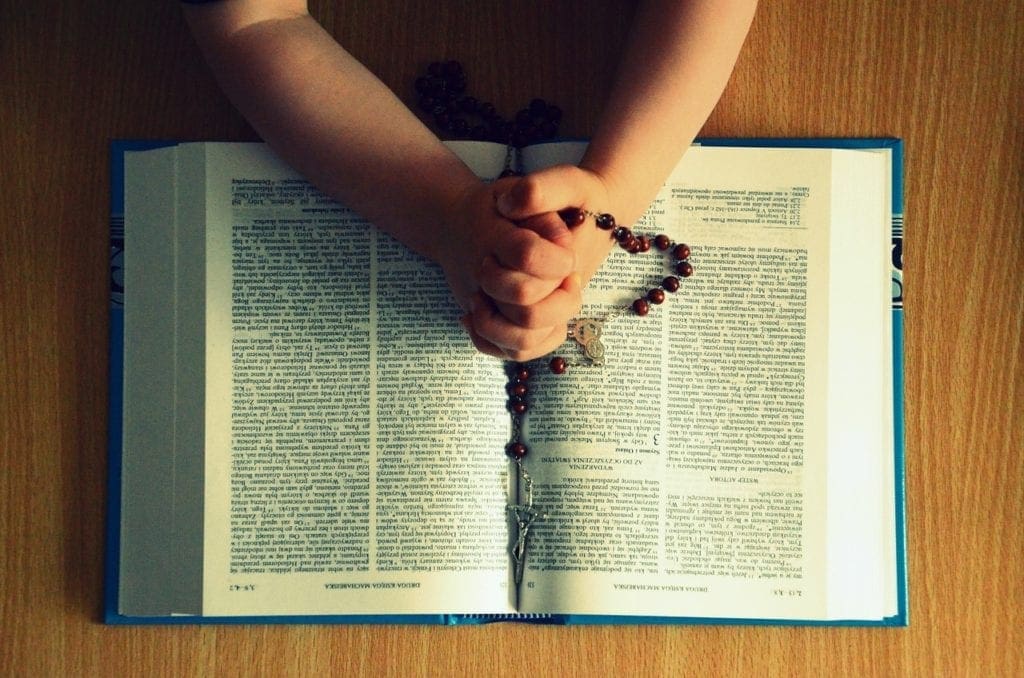Like Venezuela, Nicaragua is making the world uncomfortably aware of what a disaster socialism truly is. But despite the bloody protests and a growing movement to remove Sandinista Daniel Ortega from power, common Nicaraguans are still far from reaching their goal. In the meantime, any group that speaks against violence is seen as an enemy of the state. And it is thanks to this policy of brutal oppression that it’s nearly impossible to be a Catholic in good standing and a Nicaraguan —unless, of course, you want the government breathing down your neck.
Much like Mexico during 70 years of brutal and violent persecution, Ortega and his wife, Rosario Murillo, have targeted Nicaragua’s Catholics for their opposition to the state’s policies, which appear to be heavily backed by the communist regime of Cuba. But as the country’s youth turn to the Church for a philosophy based on the idea of human freedom, it is clear that under a totalitarian regime, faith is seen as a deadly competitor.

In a 2018 interview, Bishop Jorge Solorzano said that “it’s a crime to be a Catholic young person today” in Nicaragua. Because the Church protected protesters who ran to the streets to demand new elections, the contention between the Nicaraguan state and the faithful widened, putting both lay people and clerics in danger.
“[W]hen the regime started brutally repressing our most basic rights, the bishops and many evangelical pastors, as shepherds of Christ’s flock, started forcefully denouncing the evil and brutal repression,” said Lesther Alemán, 21, a Nicaraguan student who became the face of the Nicaraguan anti-government movement. “The regime then turned against the Church, directing its mobs to attack priests, ministers, and bishops, as well as to desecrate churches. They threatened the Catholic Church’s leadership with murder.”
But as Ortega refuses to back down, doubling down against critics, Nicaragua’s economy is the hardest hit.
With the growing tensions, the country’s tourism industry suffered a tremendous blow, and because of the instability brought about the protests and violent response, banks and investment firms withdrew from the scene. Finally, America imposed sanctions on the small nation, further worsening the economic situation on the ground.
As political prisoners rot in jail and Catholics are treated like enemies of the state, many flee, afraid of losing their freedom — and even their lives — if they stay.
How Rivalry Between Authorities Maximizes Freedom
Rooted in the days of the Roman Empire, the rivalry between church and state helped to break apart government authority all throughout Europe. This decentralization of power helped Europe to grow and establish commerce like never before, “[maximizing] economic efficiency … [and liberating] civil society with respect to the state,” as French sociologist Jean Baechler explained.
As rivalry helped to prevent expansions of power, small kingdoms, principalities, and republics flourished as a result. And as Europeans noticed that the most prosperous cities were those with liberal economic policies, the trend caught on.
With Christian thought contributing to the age’s culture, ideas such as “the mitigation of slavery and a greater equality within the family [as well as] the concepts of natural law, including the legitimacy of resistance to unjust rulers,” Europe continued to grow economically in what is now known as the European Miracle.
As we see in history, Ortega has a great deal to be afraid of.
With about 70% of the population being Catholic, the nation’s faithful won’t stop until Ortega listens.
“[A]ll of civil society must, and does, support the Nicaraguan bishops,” Alemán said. “It saddens me … that here in the United States we have encountered severe opposition from American leftist groups who supported the Sandinistas in the 1980s, and still imagine them as ‘freedom fighters.’”
To protesters like Alemán, freedom isn’t about political ideology, and the state’s stance against religion won’t stop them from denouncing Ortega.
“I and my associates are Nicaraguans. [We] are not engaged in an ideological struggle. [Our] struggle is for the survival of our country and for the respect of our people’s basic religious and human rights.”

























